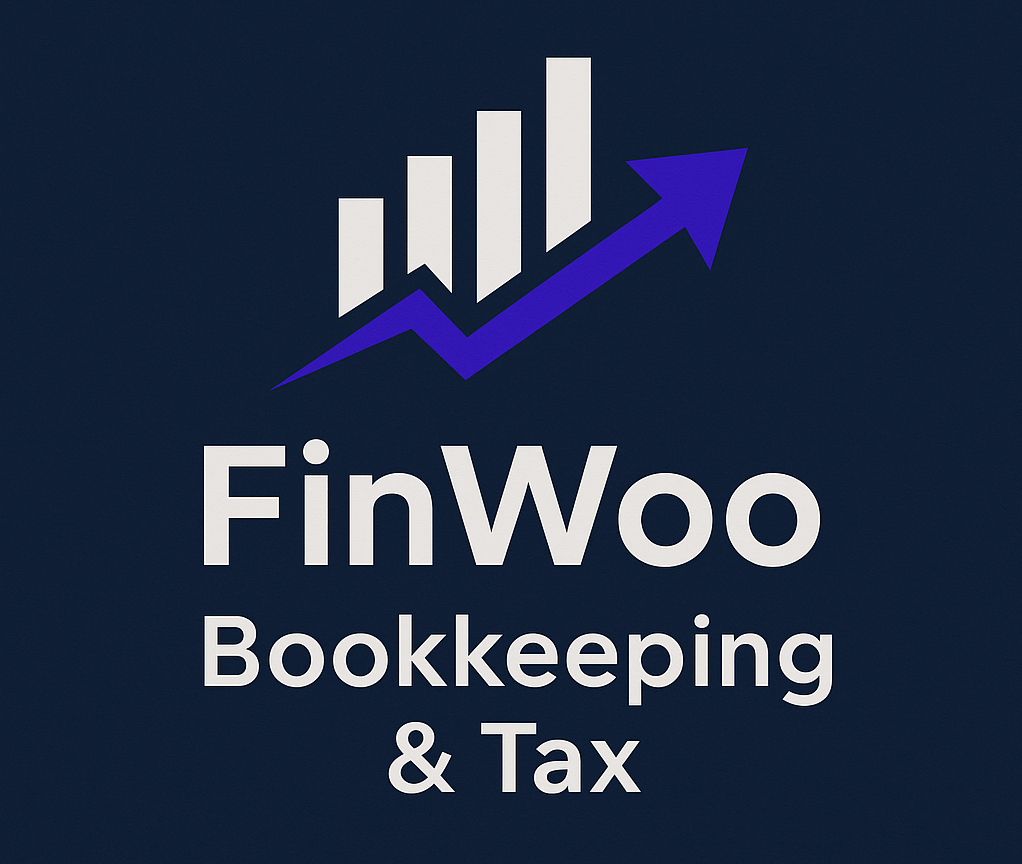
Real estate is a popular investment due to its potential for capital appreciation and rental income in the Netherlands. As an investor in the Netherlands, you will face multiple critical decision-making: One major question can be should I invest as a private individual or through a BV + holding? Both options have distinct advantages and disadvantages related to tax benefits, risks, liability, administrative burdens, and more.
In this article, we provide a detailed comparison between the two aspects and conclude which option is the most suitable for you.
Note: Keep in mind that each person’s situation may differs, we outline here a general situation.
🏢 Comparing Real Estate Investment as a Private Individual vs. BV + Holding
Key Comparison Factors
| Factor | Private Individual | BV + Holding |
|---|---|---|
| Tax on Rental Income | No tax; rental income from real estate falls under box 3. | Business profits are subject to corporate tax (15-25%). |
| Tax on Capital Gains | No capital gains tax; value increase falls under box 3. | Capital gains are taxed as business profits (corporate tax). |
| Dividend Tax | Not applicable. | Dividend distribution is taxed at 15% dividend tax plus income tax in box 2 (26.9% in 2024). |
| Liability | Fully personally liable for all debts. | Limited liability; only the BV is liable. |
| Administration | Filling of the income taks the return of the individual. | Complex administration, the annual requirement to publish accounts by the CoC. |
| Financing Opportunities | Limited options for deducting interest and costs. | Interest on loans and costs deductible from profits. |
| Transfer Tax | 2% for a primary residence, 10.4% for other properties (in 2024). | 10.4% for other properties (in 2024). |
| Tax Optimization | Limited options for tax optimization. | Possibilities for tax optimization within the holding structure. |
| Capital Building and Transfer | More challenging to optimize transfer to the next generation. | Potentially more favorable tax arrangements for intra-holding transfers. |
| Cost Structure | Lower costs, no incorporation or publication obligations. | Higher costs for establishing and maintaining BV and holding. |
🧾 Explanation of the Comparison
- Tax on rental income and Capital Gains: As a private individual, rental income and property value increases are not directly taxed. They are indirectly taxed through the capital gain tax in box 3, which is often more favorable than corporate tax under a BV structure.
- Liability: Private investors are fully liable for all debts, meaning personal assets are at risk. A BV offers limited liability, protecting personal assets by confining liability to the company.
- Administration and Costs: Investing as a private individual requires less administration and is less expensive because there is no obligation to prepare and publish annual accounts. A BV, however, involves these obligations, increasing administrative burdens.
- Financing opportunities: A BV structure allows for deducting interest and costs from business profits, providing tax advantages. This benefit is not as significant for private individuals, as such costs are generally not deductible.
- Transfer tax: The transfer tax for non-primary residences is the same for both structures, but private individuals may benefit from a lower percentage if the property is considered a primary residence.
- Tax optimization: A BV + holding offers more opportunities for tax optimization, such as profit retention and dividends, which can be beneficial for larger real estate portfolios.
- Capital building and transfer: For private individuals, it is more difficult to tax-efficiently transfer assets to the next generation. In a holding structure, there are potentially more favorable arrangements, such as gift exemptions and business succession schemes.
- Cost structure: The costs of establishing and maintaining a BV and holding are higher than those for investing as a private individual, due to incorporation costs and annual administrative requirements.
📊 Conclusion
The choice between investing in real estate as a private individual or through a BV + holding in the Netherlands depends greatly on personal circumstances, goals, and the size of the investment:
- Private Individual: More advantageous for smaller investments or if you are primarily interested in generating passive rental income without complex administrative burdens. There are fewer tax optimization options, but the costs and liability are lower.
- BV + Holding: Suitable for larger investments and professional real estate investors who want to leverage tax benefits and limited liability. Higher initial and maintenance costs, but it offers benefits like cost and interest deductibility and more options for tax optimization and capital transfer.
The best choice depends on your specific situation, get in touch and we’ll discuss your needs & wishes based on your situation!
We are here for;
Financial consulting
Full accounting outsourcing
Preparing financial forecasts
And more





